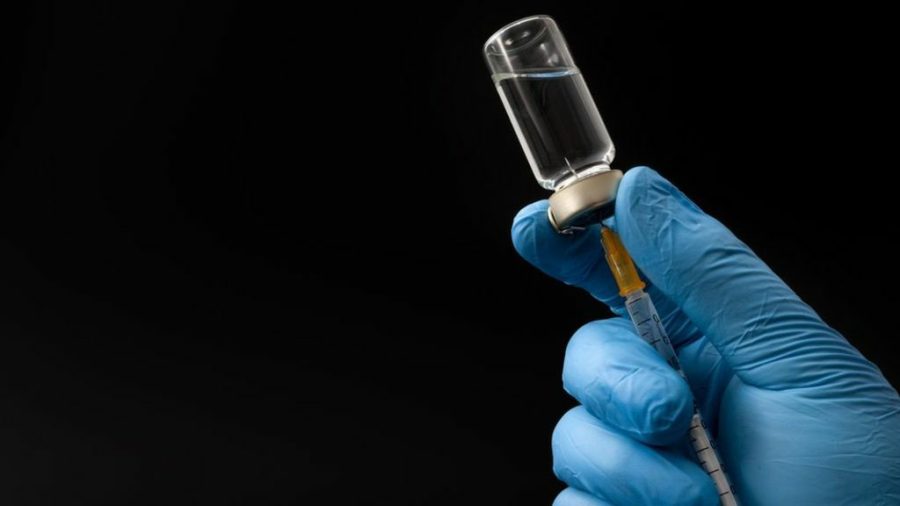As efforts to find an effective vac
cine for SARS-CoV-2 ramp up, an
immunologist warns that fast-tracking of clinical trials could be catastrophic. Scientists around the globe are working to develop an effective vaccinefor the novel coronavirus, SARS-CoV-2.
Until such a time, the world is reliant on physical distancing measures and personal protective equipment (PPE). Some countries are using ‘track and trace’ systems to monitor the movements of people and notify those who have been in contact with somebody diagnosed with COVID-19. Of course, a treatment for COVID-19 is also highly desirable. Gilead’s anti-viral drug remdesivir appears to accelerate recovery time in some people. The United States and the United Kingdom have now authorized its use as a treatment for people with COVID-19. However, as remdesivir is a treatment, not a cure, and some clinical trial results show no significant benefit, a vaccine remains preferable. Although a COVID-19 vaccine is urgent, scientists cannot rush the development process. In a recent editorial, immunologist and deputy editor of the journal Science Advances Dr. Douglas J. Green explains why bypassing essential clinical trial stages for any such vaccine could be ‘catastrophic.’ The full comment is available to read in the journal Science Advances. The vaccine development process There are currently 95 vaccines against SARS-CoV-2 in development. After the discovery and pre-clinical development stages, each of these must progress through three phases of clinical trials. Phase I involves safety testing in a small cohort (e.g., 10–50 people). Phase II trials involve investigating the immune response in a larger cohort. Phase III trials involve much larger groups of people (sometimes in the thousands) and must show, in a statistically significant manner, that the vaccine can protect against infection. This stage alone can take several years under normal circumstances. In the context of the COVID-19 pandemic, this is too long to wait. Most estimates indicate that a vaccine is 12–18 months away. This is due to streamlined processes, such as accelerated pre-clinical testing and regulatory review processes. Some experts have also advocated for ‘fast-tracking’ some clinical trial stages. They suggest that evidence that a vaccine triggers the production of neutralizing antibodies could be sufficient to progress to widespread implementation.
The article in Science Advances warns that this route could be dangerous and says scientists must conduct comprehensive safety tests for any potential vaccine.The article raises concerns about a repeat of the 1966 trial for a vaccine against Respiratory Syncytial Virus (RSV), which can cause serious illness in young children.










